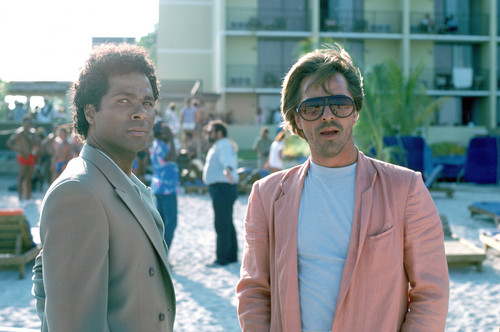A roundup of things consumed by our contributors.
Tobias Carroll
File under cognitive dissonance: sitting at a cafe in Vienna and reading a book that delves deeply into the failings of the Austro-Hungarian Empire. That was my experience with vacation reading book no.1, Rebecca West’s Black Lamb and Grey Falcon. It was, in fact, fantastic: layered and dense and occasionally funny and more frequently terrifying, given that West was writing this in the late 1930s, just before European history imploded. It’s an odd comparison, but hey, I’ll make with the handselling: the conversational tone and ability to allude to political and literary history should appeal to fans of Elif Batuman, while the historical density and sense of moral outrage suggests that the William T. Vollman fan in your life will appreciate this. And the Penguin edition has a terrific introduction from Christopher Hitchens that I’d suggest reading after the text; Hitchens provides some interesting historical context for some of the figures encountered by West, some of which left me stunned.
From there, I changed directions entirely and delved into N.K. Jemisin’s The Killing Moon. Jemisin has described it as fantasy with roots in ancient Egyptian (and Nubian) history and Freudian dream theory, and if you’re a nerd whose ears don’t prick up at that, I humbly apologize. It is the proverbial good yarn, abounding with political intrigue, assassins who kill in dreams, and nicely sinister moments. Fine stuff all around.
I’d meant to read John Mack Faragher’s A Great and Noble Scheme: The Tragic Story of the Expulsion of the French Acadians from Their American Homeland for a while now, and am glad I got around to it; Faragher looks into the neutral community of French speakers in what became northeastern Canada in the seventeenth and eighteenth centuries, and at the circumstances that led to their dispersal throughout North America. Also in that “glad I read this after much too long” camp was Maile Meloy’s Both Ways Is The Only Way I Want It — sharp stories that at times recalled Alice Munro, but also make interesting points about class and desperation. And I’m rounding out my vacation reading with Edith Wharton’s novel The Custom of the Country, which is bitterly funny as it deconstructs early-20th-century social climbing.
Jason Diamond
It’s always fun when you’ve got a piece that’s about to be published and you can’t really divulge much info as to what exactly the piece is about, but you want to talk about it so so badly. That’s the case this week with a forthcoming piece that I’ve got going up on a site that I love to death. I guess I am allowed to say that in researching the piece I got to watch plenty of archival footage for the particular subject I was writing about. Here’s one of the videos that was probably my favorite.
My love affair with oral histories continued this week thanks to Lang Whitaker’s GQ piece on the American “Dream Team” from the 1992 Olympics. Thinking about that summer when Michael Jordan, Larry Bird, Sir Charles, and the rest of the gang playing together on one team sorta rekindled my nostalgia for all things early 1990s basketball, which was capped off with Juwan Howard win the first (and only) championship attained by a member of the great FAb Five University of Michigan squad that I grew up idolizing.
Got to finish A Hologram for the King, and since I’m currently visiting South Florida, I finally decided it was time to read Swamplandia!. All I can say about the latter is that I’m happy I waited for the hype to die down, because if I had read it when everybody was talking about it, I wouldn’t have enjoyed it half as much as I currently am.
Follow Vol. 1 Brooklyn on Twitter, Facebook, Google + and our Tumblr.


1 comment
Of course Toby would bring Rebecca West’s tome on vacation.